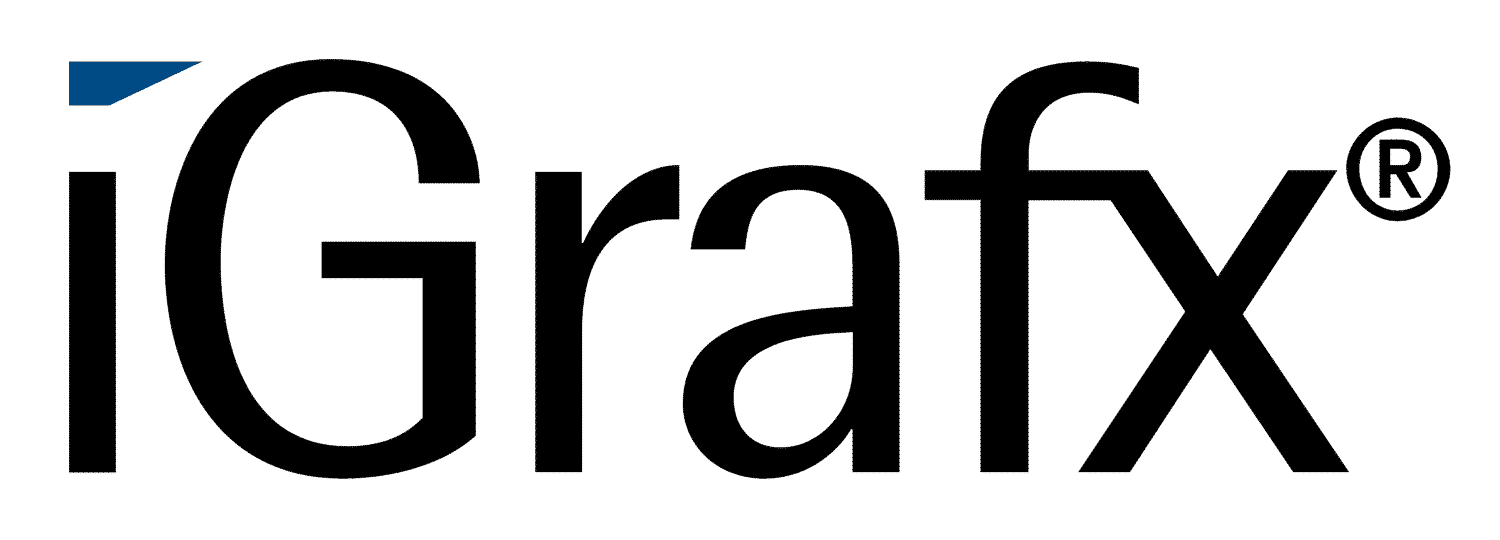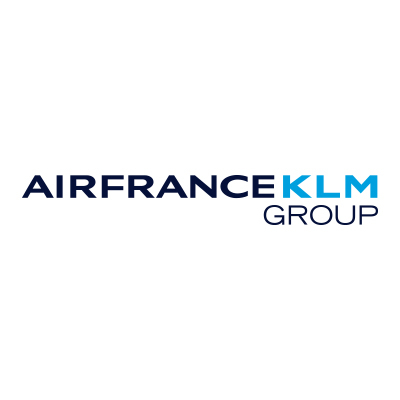The AI Surge: European Enterprises Embrace Automation Amid Strategic Shortcomings
December 5, 2024, 4:45 am
The digital tide is rising in Europe. Enterprises are diving headfirst into artificial intelligence (AI) and automation. A recent study reveals that 92% of European organizations have adopted these technologies in the past two years. The average investment? A staggering €103.4 million. But while the speed of adoption is impressive, the strategy often lags behind.
The report from Digitate, titled "The Race to Outpace," paints a vivid picture. It shows that while organizations are eager to harness AI's transformative power, many are still fumbling in the dark when it comes to cohesive strategies. It’s like racing a car without a map—fast but directionless.
The benefits of AI and automation are clear. Time savings (60%), increased efficiency (57%), and heightened productivity (55%) are the primary gains reported by organizations. IT operations lead the charge, with 81% of firms deploying automation and 62% utilizing AI in their IT departments. Yet, despite these gains, many enterprises are implementing these technologies in silos. The result? A patchwork of solutions that fail to integrate into a unified vision.
Budget constraints and a lack of technical skills are the two main hurdles organizations face. Both issues affect 29% of respondents. Data management challenges follow closely behind, impacting 28% of organizations. Moreover, 43% report that their current AI implementations still require more human intervention than desired. This indicates a gap between aspiration and reality.
Regional differences add another layer to the narrative. Finland stands out, leading in generative AI adoption with a remarkable 98% deployment rate. The UK, however, grapples with a significant skills gap, which is cited as the primary obstacle to AI adoption. French companies exhibit caution, with 24% admitting they have not yet widely deployed generative AI tools—the highest percentage among surveyed countries.
Looking ahead, the horizon is bright. A robust 78% of respondents plan to implement additional AI or automation within the next two years. The focus areas include IT operations (74%), cybersecurity (56%), and network monitoring (39%). This signals a growing recognition of AI's potential to streamline operations and enhance security.
In parallel, another partnership is making waves in the AI landscape. STAND 8 has joined forces with Lyzr, a privacy-first generative AI platform. Their collaboration aims to tackle the challenges of AI adoption, particularly around resource constraints and data privacy. This partnership is a beacon for businesses seeking to scale AI securely and efficiently.
Lyzr’s low-code Agent API Studio integrates seamlessly across major cloud platforms and enterprise applications. This means businesses can streamline operations and enhance decision-making without sacrificing security. The tools are designed to predict outcomes while maintaining human oversight, ensuring responsible AI practices.
The innovation doesn’t stop there. STAND 8 introduces Organizational General Intelligence (OGI), an advanced AI framework that integrates organizational systems and autonomously manages agents. This framework enhances decision-making and operational efficiency, providing businesses with a competitive edge. It’s like having a skilled conductor leading an orchestra—each section plays in harmony.
The results from this partnership are already impressive. A reported 1,000% increase in conversions, 400 hours saved by human salespeople, and a 150% improvement in SEO performance highlight the tangible benefits of these AI solutions. Yet, while large enterprises are projected to adopt AI at rates exceeding 85% by 2025, mid-market adoption remains below 30%. This gap represents a $150 billion opportunity for growth.
As we look to 2025, STAND 8 plans to expand its AI offerings, focusing on IT automation, sales optimization, financial analysis, and customer engagement. This strategy aims to deliver industry-specific solutions that drive productivity and growth.
The landscape is shifting. European enterprises are racing to adopt AI and automation, but many are still navigating without a clear strategy. The potential is immense, but the path is fraught with challenges. As organizations invest heavily in these technologies, the need for comprehensive strategies becomes increasingly critical.
In conclusion, the AI revolution is here. European enterprises are eager to embrace it, but they must steer their efforts with precision. Without a cohesive strategy, the risk of becoming lost in the digital wilderness looms large. The future belongs to those who can harness the power of AI while maintaining a clear vision. The race is on, and the finish line is just ahead.
The report from Digitate, titled "The Race to Outpace," paints a vivid picture. It shows that while organizations are eager to harness AI's transformative power, many are still fumbling in the dark when it comes to cohesive strategies. It’s like racing a car without a map—fast but directionless.
The benefits of AI and automation are clear. Time savings (60%), increased efficiency (57%), and heightened productivity (55%) are the primary gains reported by organizations. IT operations lead the charge, with 81% of firms deploying automation and 62% utilizing AI in their IT departments. Yet, despite these gains, many enterprises are implementing these technologies in silos. The result? A patchwork of solutions that fail to integrate into a unified vision.
Budget constraints and a lack of technical skills are the two main hurdles organizations face. Both issues affect 29% of respondents. Data management challenges follow closely behind, impacting 28% of organizations. Moreover, 43% report that their current AI implementations still require more human intervention than desired. This indicates a gap between aspiration and reality.
Regional differences add another layer to the narrative. Finland stands out, leading in generative AI adoption with a remarkable 98% deployment rate. The UK, however, grapples with a significant skills gap, which is cited as the primary obstacle to AI adoption. French companies exhibit caution, with 24% admitting they have not yet widely deployed generative AI tools—the highest percentage among surveyed countries.
Looking ahead, the horizon is bright. A robust 78% of respondents plan to implement additional AI or automation within the next two years. The focus areas include IT operations (74%), cybersecurity (56%), and network monitoring (39%). This signals a growing recognition of AI's potential to streamline operations and enhance security.
In parallel, another partnership is making waves in the AI landscape. STAND 8 has joined forces with Lyzr, a privacy-first generative AI platform. Their collaboration aims to tackle the challenges of AI adoption, particularly around resource constraints and data privacy. This partnership is a beacon for businesses seeking to scale AI securely and efficiently.
Lyzr’s low-code Agent API Studio integrates seamlessly across major cloud platforms and enterprise applications. This means businesses can streamline operations and enhance decision-making without sacrificing security. The tools are designed to predict outcomes while maintaining human oversight, ensuring responsible AI practices.
The innovation doesn’t stop there. STAND 8 introduces Organizational General Intelligence (OGI), an advanced AI framework that integrates organizational systems and autonomously manages agents. This framework enhances decision-making and operational efficiency, providing businesses with a competitive edge. It’s like having a skilled conductor leading an orchestra—each section plays in harmony.
The results from this partnership are already impressive. A reported 1,000% increase in conversions, 400 hours saved by human salespeople, and a 150% improvement in SEO performance highlight the tangible benefits of these AI solutions. Yet, while large enterprises are projected to adopt AI at rates exceeding 85% by 2025, mid-market adoption remains below 30%. This gap represents a $150 billion opportunity for growth.
As we look to 2025, STAND 8 plans to expand its AI offerings, focusing on IT automation, sales optimization, financial analysis, and customer engagement. This strategy aims to deliver industry-specific solutions that drive productivity and growth.
The landscape is shifting. European enterprises are racing to adopt AI and automation, but many are still navigating without a clear strategy. The potential is immense, but the path is fraught with challenges. As organizations invest heavily in these technologies, the need for comprehensive strategies becomes increasingly critical.
In conclusion, the AI revolution is here. European enterprises are eager to embrace it, but they must steer their efforts with precision. Without a cohesive strategy, the risk of becoming lost in the digital wilderness looms large. The future belongs to those who can harness the power of AI while maintaining a clear vision. The race is on, and the finish line is just ahead.

